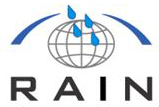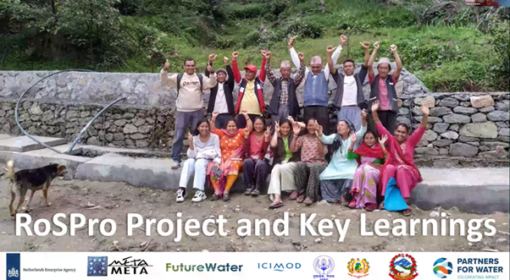Rural roads in Bangladesh are of critical importance for the growth of Bangladesh’s rural and national economy and for the welfare of its citizens. However, besides connecting people and places, roads also fragment the landscape and interrupt the natural flow of water – which is pivotal to consider everywhere, but especially in a riverine deltaic country such as Bangladesh, with numerous crisscrossing rivers and canals and discharging huge water and sediments
In Bangladesh, however, there are few interventions that have such an impact on water management as the construction of roads. Whereas Bangladesh has one of the highest population densities, it also has one of the highest road densities in the world – at 164 meters per square kilometre. At present, the effect of roads on water management is often negative. Road construction undermines local water management: roads may, for instance, cause water logging, uncontrolled flooding, accelerated erosion or the silting of tidal rivers. Road infrastructure in Bangladesh currently frequently impedes the flow of flood water, drainage and creates waterlogging, affecting land use and the soil’s capacity to absorb rain during high rainfall and flood events. Those issues are currently being dealt with, but suboptimal – as cross-drainage structures are often insufficient or too narrow, bridge sills are too high, and borrow pits are neglected as possible stormwater storages. These negative impacts, however, can be avoided, and instead, positive impacts can be created with roads.
Currently, major opportunities in connecting roads and water management are being missed, leading to a variety of problems in different regions of Bangladesh, including substantial drainage-related problems and higher flood risks. There is considerable scope for an integrated approach in which roads can become instruments for water management and flood/climate resilience by using the “Green Roads for Water” concept. Combining road development with water management has a great potential to bring multiple benefits, including less waterlogging, less road damage and improved access to facilities, improved agricultural and aquacultural production, more comprehensive watershed management, and improved livelihood opportunities for local communities.
Watch this video for a summary of the validation workshop on the draft guidelines on Green Roads for Water in Bangladesh:
The Guidelines on Green Roads for Water in Bangladesh in Bangladesh and this video have been prepared under the “Consultancy Services for Increasing Resilience of Rural Infrastructure and Local Communities through Green Roads Concept” project implemented by MetaMeta and ADSL, in close collaboration with LGED and supported by the GFDRR administered by World Bank. Outputs from this project and other relevant policies, guidelines, and other materials are available here.



